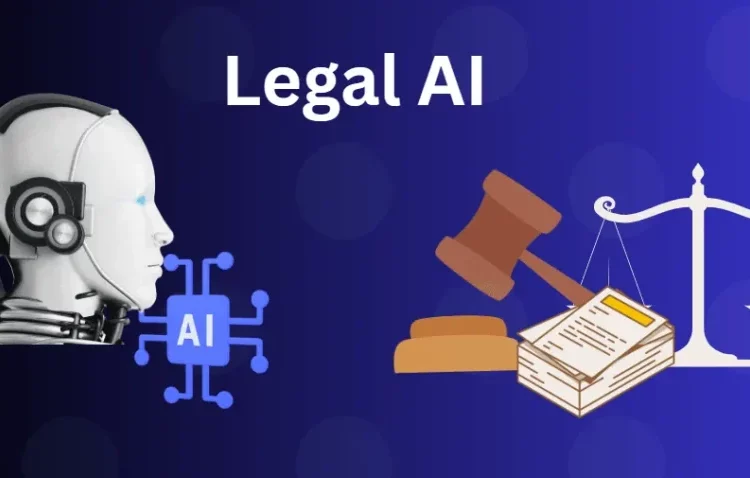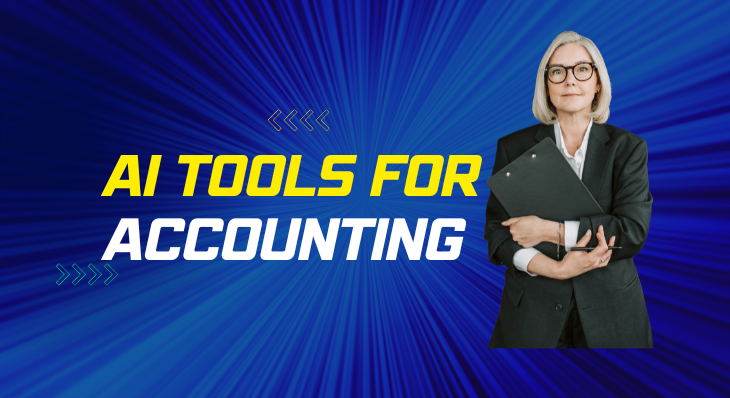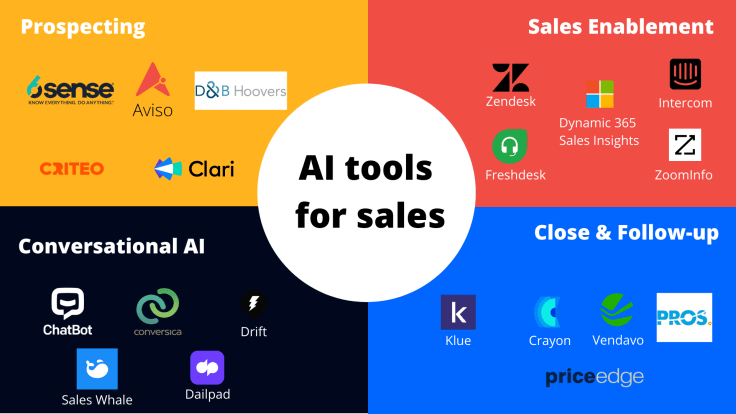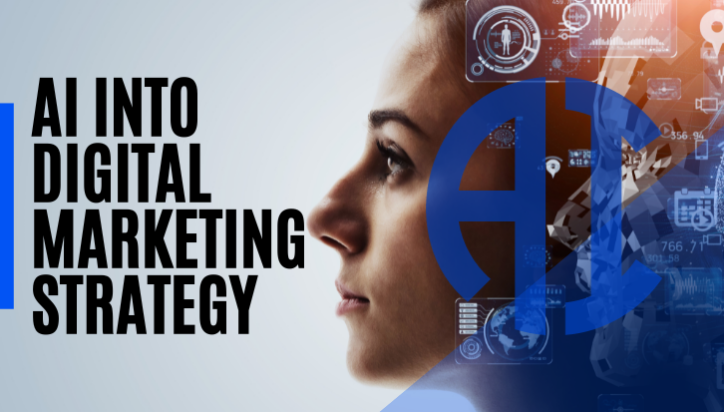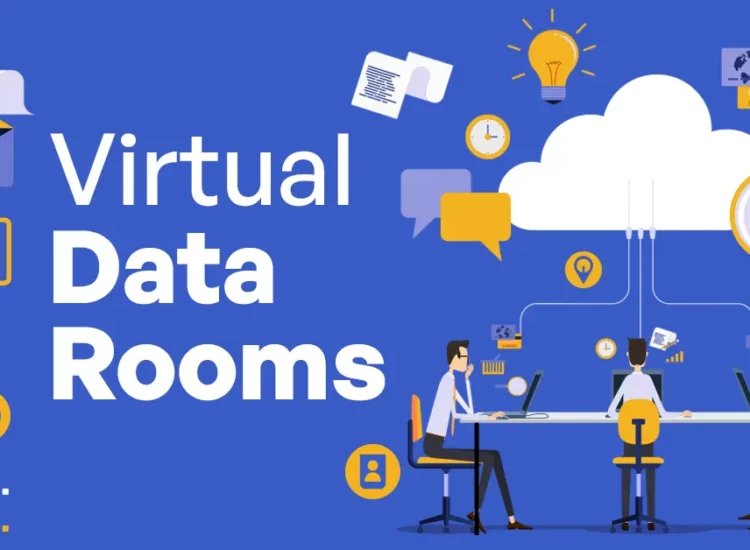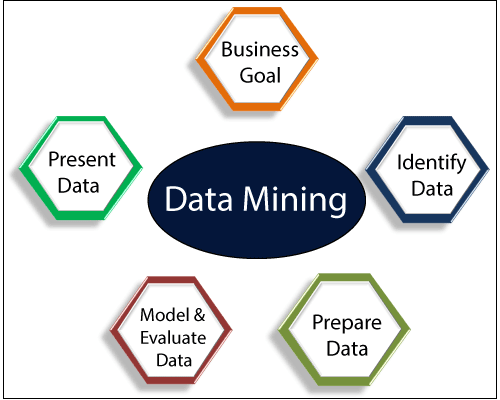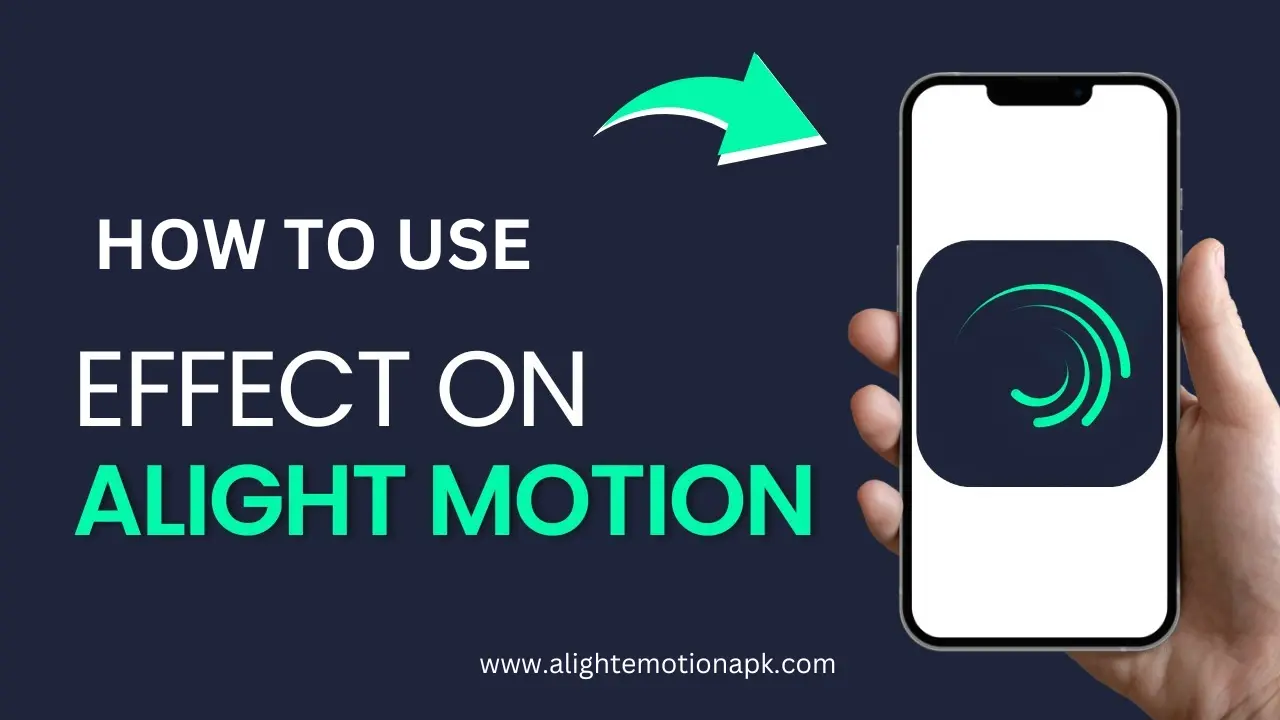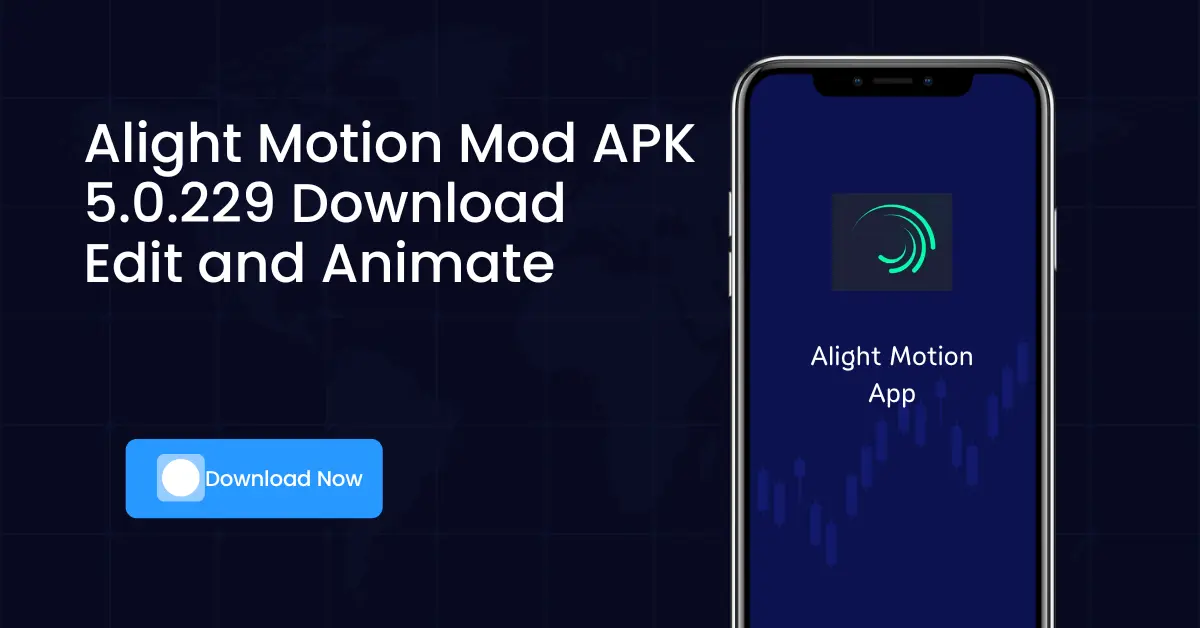In today’s competitive talent acquisition landscape, HR professionals face immense pressure to find and hire the best candidates quickly and efficiently. This pressure has driven the rapid adoption of AI in HR, with 81% of HR leaders exploring or implementing AI to improve process efficiency. While AI recruiting tools offer numerous advantages, navigating the vast landscape of these solutions can be challenging. This guide will equip HR leaders with a comprehensive understanding of AI recruiting software, its benefits, and how it can revolutionize your talent acquisition strategy.
Toc
- 1. The Rise of AI in Recruiting: Why It Matters
- 2. Types of AI Recruiting Tools: A Comprehensive Overview
- 3. Related articles 01:
- 4. Selecting the Right AI Recruiting Tools for Your Needs
- 5. The Future of AI in Recruiting: Trends and Considerations
- 6. Related articles 02:
- 7. Frequently Asked Questions (FAQ)
- 8. Conclusion
The Rise of AI in Recruiting: Why It Matters
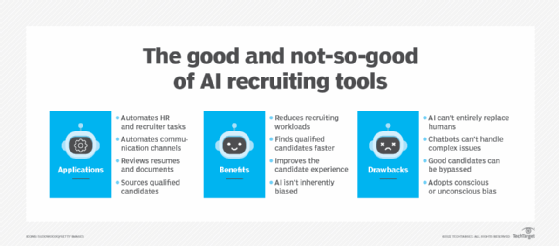
The adoption of AI recruitment tools is growing at an unprecedented rate, with about 45% of HR professionals currently using these technologies for HR management, and 39% planning to implement them soon. The benefits are clear: nearly two-thirds of respondents in a recent survey indicated that AI has significantly improved efficiency and productivity in HR functions.
What is AI in Recruiting?
AI, or Artificial Intelligence, is a technology that simulates human intelligence processes such as learning, reasoning, and self-correction. In recruitment, AI-driven tools can automate various aspects of the hiring process, from screening resumes to scheduling interviews and even making job offers.
Key Benefits of AI Recruiting Tools
- Enhanced Efficiency and Productivity: Automating repetitive tasks allows HR teams to focus on strategic initiatives. For example, AI-powered tools can automatically screen resumes, schedule interviews, and send personalized emails to candidates, freeing up recruiters to focus on more strategic tasks like building relationships with top talent and developing employer branding strategies. A study by the Society for Human Resource Management (SHRM) found that HR professionals spend an average of 23 hours per week on administrative tasks, which AI-powered recruiting tools can help reduce.
- Improved Candidate Experience: AI can personalize interactions, making the application process a more engaging experience for candidates. By using AI-powered chatbots and personalized communication, organizations can create a smoother and more efficient experience for job seekers. A study by Glassdoor found that 72% of job seekers are more likely to apply for a job if the application process is easy and straightforward.
- Reduced Bias in Hiring Decisions: By using data-driven algorithms, organizations can minimize human biases in recruitment. AI-powered tools can help reduce bias by removing subjective factors from the hiring process, such as gender, race, or age, from the resume screening process. A study by the National Bureau of Economic Research found that AI-powered hiring tools can reduce gender bias in hiring decisions by up to 25%.
- Data-Driven Insights: AI tools provide valuable analytics that aid strategic talent acquisition decisions. For example, AI-powered resume analysis can help recruiters quickly identify qualified candidates and reduce the time spent reviewing applications.
One compelling example of successful implementation comes from a leading global organization that leveraged AI-powered candidate screening and assessment tools. By automating routine tasks, the HR team achieved a remarkable increase in hiring efficiency and enhanced the candidate experience.
Types of AI Recruiting Tools: A Comprehensive Overview
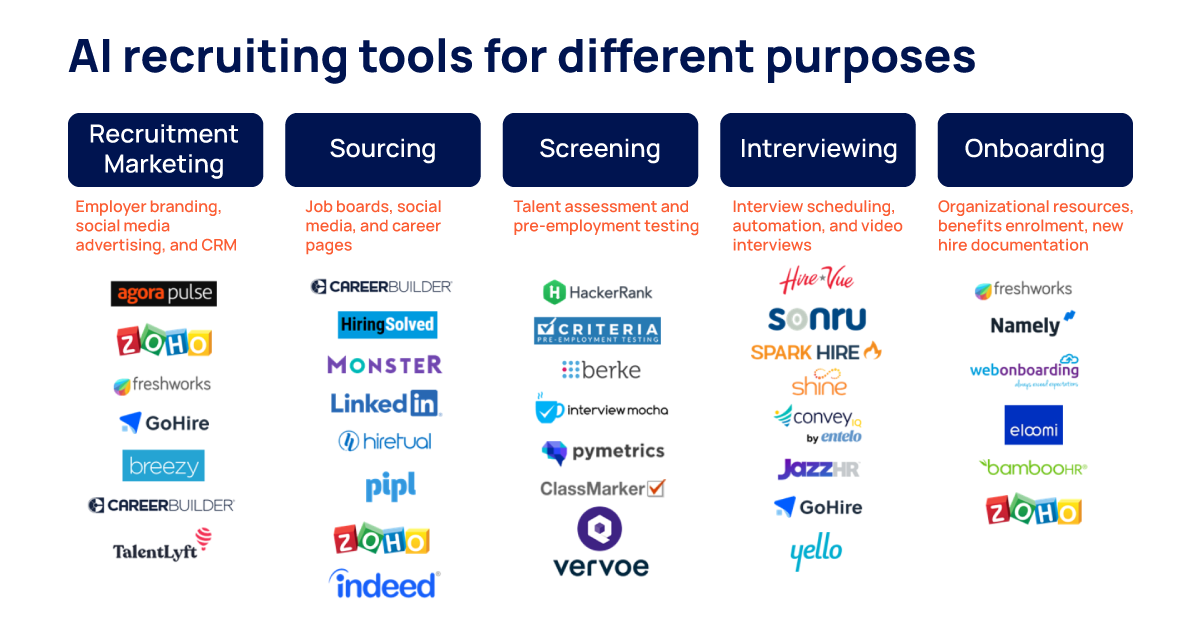
AI recruiting tools can be categorized based on their functionalities, which include sourcing and screening, candidate engagement, interviewing and assessment, and onboarding and talent management.
Sourcing and Screening Tools
AI recruitment software like Fetcher, SeekOut, and XOR AI Recruiter automates the process of finding and qualifying candidates. These solutions can efficiently search vast databases of potential applicants, parse resumes, and conduct initial screenings to identify the most suitable candidates for a role.
- Fetcher: This candidate sourcing and scheduling tool uses AI-powered keyword matches to identify potential applicants. It learns a company’s candidate preferences over time and tailors searches accordingly. Fetcher also automates email outreach campaigns and provides a scheduling plugin for rapid company-branded telephone screens and interviews.
- SeekOut: This AI-powered talent search engine grants access to millions of candidate profiles from various sources, including public profiles, GitHub, and alumni networks. Its ability to search across over 100 fields, such as skills, background, and diversity, makes it an invaluable resource for organizations aiming to find and hire top talent.
Candidate Engagement Tools
Tools such as Arya by Leoforce, ICIMS Talent Cloud, and Paradox’s Olivia chatbot enhance the candidate experience through personalized communication and seamless application processes. These AI hiring software solutions utilize natural language processing and machine learning to create tailored experiences for job seekers.
- Arya by Leoforce: Going beyond conventional AI, Arya claims to leverage “artificial intuition” to source and engage with candidates. The platform offers a consolidated communication dashboard, allowing recruiters to interact with potential applicants through various channels, including phone, text, email, and chatbots.
- ICIMS Talent Cloud: This platform uses AI to power its conversational chatbot, which can answer FAQs, share employee-generated videos, and schedule interviews in over 20 languages. It also recommends relevant job opportunities to applicants based on their skills and experience.
Interviewing and Assessment Tools
AI recruitment tools like HireVue, Phenom, and Skillate automate interview scheduling, conduct virtual interviews, and analyze candidate responses to identify the best-fit individuals for a role. These technologies help reduce bias, ensure consistency, and provide valuable insights to hiring managers.
- HireVue: Known for its video interview capabilities, HireVue employs natural language translation to create blind interview processes that eliminate potential discrimination. The platform also features an AI-powered digital assistant to assist with candidate engagement and scheduling.
- Phenom: This tool adopts a holistic approach, using AI to automate the interviewing process while also supporting career pathing and internal mobility for employees. Its Interview Intelligence feature provides hiring teams with AI-generated summaries and insights to evaluate potential hires effectively.
Onboarding and Talent Management Tools
AI recruiting tools like Eightfold AI and Fuel50 extend beyond the hiring process, using AI to streamline onboarding, identify skills gaps, and support ongoing employee development. These solutions help organizations retain top talent and build a future-ready workforce.
- Eightfold AI: This Talent Intelligence platform employs a skills-based framework to match individuals to various opportunities, including full-time, part-time, project, and gig work. It utilizes a global dataset of over 1.5 billion talent profiles to generate recommendations and insights that help employers make informed decisions.
- Fuel50: This platform focuses on understanding skills across the organization and optimizing their positioning. The AI-driven talent marketplace assists organizations in identifying their bench strength, building talent pipelines, predicting skills shortages, and facilitating internal mobility and career development.
While AI recruitment software provides numerous advantages, it is crucial to consider potential drawbacks, such as algorithmic bias, data privacy concerns, and the risk of displacing human recruiters. Responsible implementation and continuous monitoring are vital to ensure these tools are used ethically and effectively.
1. https://alightmotion.top/elevating-cybersecurity-defenses-nist-incident-response-insights/
4. https://alightmotion.top/unlocking-efficiency-growth-with-legal-ai-tools-a-guide-for-attorneys/
Selecting the Right AI Recruiting Tools for Your Needs
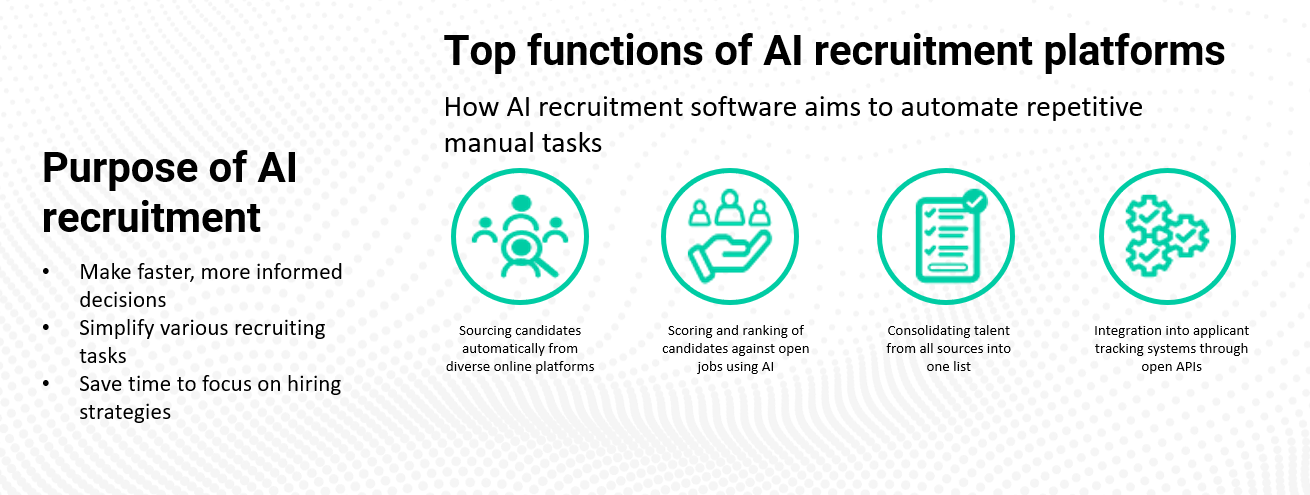
When evaluating best AI recruiting tools, HR professionals should consider several key factors:
Functionality and Features
First and foremost, it is essential to understand the specific functionalities and features of each tool and how they align with your organization’s needs. Consider what stage of the recruitment process you want to focus on and which tools offer the most comprehensive solutions in that area.
User Experience
The user experience (UX) of an AI recruiting tool can significantly impact its efficiency and effectiveness. It is vital to choose a platform that is intuitive, easy to use, and integrates seamlessly with your existing HR systems. A poor UX can lead to low adoption rates among recruiters and ultimately hinder productivity.
Data Accuracy and Security
For any AI hiring software, accurate data collection and privacy protection are critical. Organizations must ensure that the tools they choose adhere to data privacy regulations and have measures in place to reduce algorithmic bias.
Cost and ROI
AI recruiting tools come at a cost, and it is essential to consider the return on investment (ROI) of implementing such technology. Evaluate the benefits these tools can bring, such as time and cost savings, improved candidate experience, and better hiring decisions, against their upfront and ongoing costs.
Customer Support
Finally, reliable customer support is crucial when choosing an AI recruiting tool. Ensure that the vendor provides adequate training, ongoing support, and regular updates to keep up with evolving recruitment trends.
Overall, AI recruitment software has revolutionized the hiring process by streamlining tasks, improving efficiency and accuracy, and enhancing the candidate experience. By selecting the right tools for your organization’s needs, HR professionals can stay ahead in the competitive talent market and secure top talent for their organizations. So keep exploring and experimenting with AI recruitment tools to find the best fit for your organization.
The Future of AI in Recruiting: Trends and Considerations
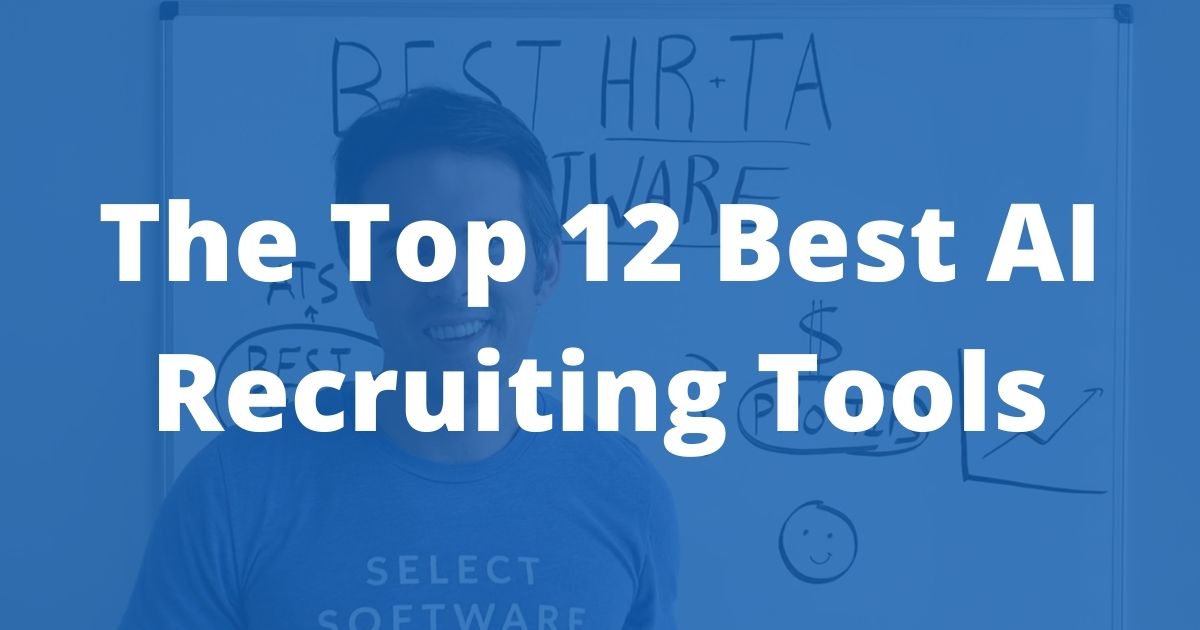
As AI continues to evolve, several emerging trends in talent acquisition are becoming apparent:
Increased Use of Generative AI
Generative AI is transforming the recruitment landscape by creating realistic job previews, drafting personalized candidate outreach messages, and even generating job descriptions tailored to attract the right talent. These AI-generated content pieces can save recruiters significant time and allow for more personalized and engaging candidate interactions. Additionally, generative AI can assist in producing training materials and onboarding documents, further streamlining the new hire integration process.
Advanced Predictive Analytics
One of the most promising trends in AI recruiting is the use of advanced predictive analytics. By leveraging large datasets and machine learning algorithms, predictive analytics can forecast hiring needs, identify top talent from vast pools of applicants, and predict candidate success based on historical data. This proactive approach enables organizations to make data-driven decisions, reduce time-to-hire, and improve overall recruitment strategy.
1. https://alightmotion.top/data-rooms-the-key-to-enhanced-business-protection-and-efficiency/
2. https://alightmotion.top/unlocking-efficiency-growth-with-legal-ai-tools-a-guide-for-attorneys/
4. https://alightmotion.top/elevating-cybersecurity-defenses-nist-incident-response-insights/
AI-Powered Diversity and Inclusion Initiatives
AI is playing a critical role in advancing diversity and inclusion within the workplace. By minimizing unconscious bias in resume screening and interview processes, AI tools can help build more diverse teams. Moreover, AI-powered analytics can provide insights into diversity metrics, helping organizations identify areas for improvement and track progress over time. These initiatives not only create a more equitable hiring process but also contribute to a more inclusive organizational culture.
Integration with Other Technologies
The future of AI in recruiting lies in its ability to integrate seamlessly with other emerging technologies. For instance, combining AI with blockchain can enhance the verification of candidate credentials, ensuring authenticity and reducing fraud. Similarly, virtual and augmented reality (VR/AR) can be paired with AI to create immersive candidate assessments and realistic job simulations, further refining the selection process.
Ethical Considerations and Regulations
As AI becomes more integral to recruitment, ethical considerations and regulatory compliance will remain paramount. Organizations must be vigilant in addressing issues related to data privacy, algorithmic transparency, and potential biases. Staying informed about evolving regulations and industry standards will be crucial for the responsible implementation of AI recruiting tools.
In conclusion, the future of AI in recruiting promises enhanced efficiency, accuracy, and inclusivity. By staying attuned to these emerging trends and considerations, HR professionals can leverage AI to create a more effective and equitable hiring process, positioning their organizations for long-term success.
Frequently Asked Questions (FAQ)
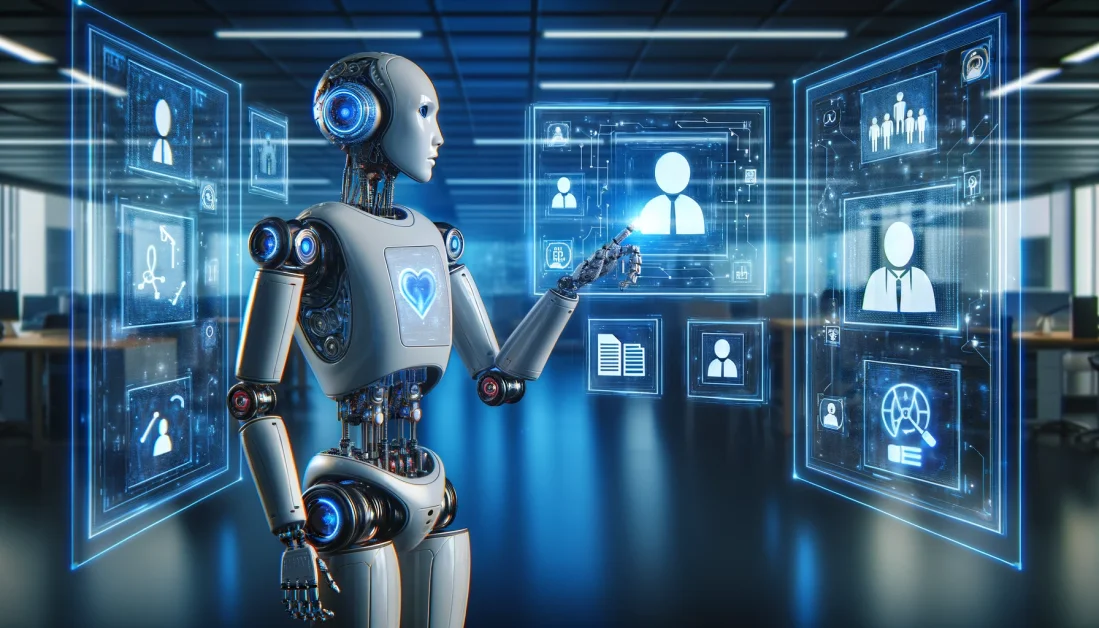
Q: What are the biggest challenges of using AI recruiting tools?
A: Challenges include ensuring data accuracy, mitigating bias in algorithms, and maintaining data privacy. Additionally, proper integration with existing HR systems and providing adequate training to your team are crucial.
Q: How can I ensure AI recruiting tools don’t create bias in my hiring decisions?
A: Choose vendors that prioritize ethical AI practices and utilize algorithms designed to minimize bias. Regularly monitor the performance of the AI system and make adjustments as necessary.
Q: What are some best practices for implementing AI recruiting tools?
A: Begin with a pilot program to test the tool before full-scale implementation. Provide sufficient training to your team and ensure they are comfortable using the new technology. Regularly monitor the AI system’s performance and make necessary adjustments.
Conclusion
AI recruiting tools have proven to be a game-changer in modern hiring practices, driving efficiency and improving the quality of hire. However, it is vital for HR professionals to stay informed about the latest advancements and continuously evaluate the performance of these tools. As the landscape of AI in recruitment evolves, so too should the strategies and practices that organizations employ. By embracing innovation and maintaining a commitment to ethical standards, organizations can harness the full potential of AI to create a more effective and inclusive recruitment process. Ultimately, the integration of AI into recruitment is not just about technology, but about transforming the way we connect with talent and build a workforce capable of thriving in the future.
